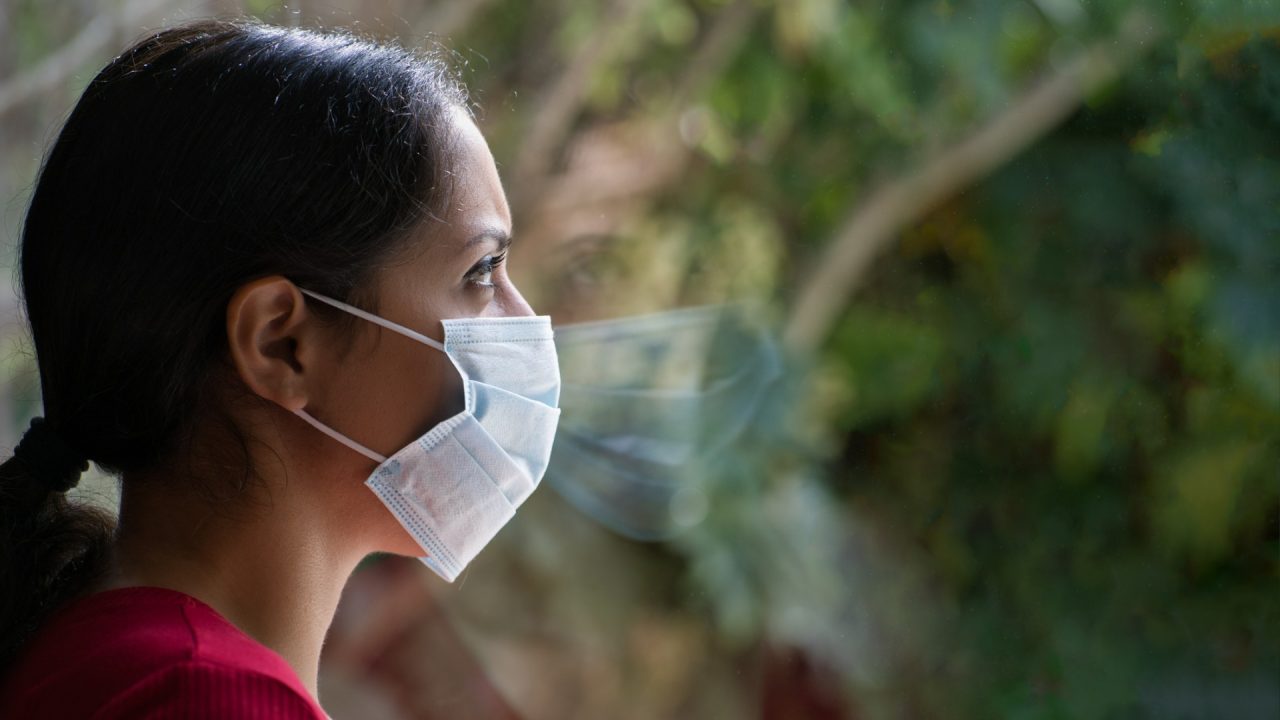The ending of mandatory self-isolation in Scotland is a “really positive step”, according to Professor Linda Bauld.
From Sunday, the rules will be replaced with guidance to ‘stay at home’ for those who have symptoms or have tested positive for coronavirus.
But, they will no longer be advised to take a PCR test and are only advised to stay at home whilst they are unwell or have a fever.
It marks a significant change from the current mandatory seven-day isolation period in the event of receiving a positive Covid-19 test result.
Speaking on the BBC’s Good Morning Scotland programme on Friday, Bauld explained that the country is moving towards coronavirus being treated in a similar way to other viruses.
However, the public health expert outlined that the virus remains highly transmissible.
“I don’t think it’s over, but I think it’s a really positive step in many ways,” Bauld said of the current state of the pandemic and the changes being made.
“I know people will have different views on this but essentially we’re moving to a stage now where we are less worried about infection and what we’re focusing on is trying to find the people who have the virus who need support or are supporting those who are most vulnerable.
“So it means that self-isolation for many people will not be required or expected in the way that it was before unless they feel really unwell, for example, have a high fever.
“And we won’t be testing routinely people with symptoms unless they can get those treatments.
“So, we’re kind of moving to a stage where we’re treating this a bit like other viruses, which I know again, not everyone agrees with, recognising that we’re in a different stage of the pandemic.”
Bauld pointed to figures indicating a decline in the number of people with Covid in hospitals across the country.
“We’ve decoupled to a huge extent the relationship between infection and severe disease,” she said.
“If you just look at the ICU figures, even in the Omicron wave we’ve really had 20 to 25 people in ICU, it’s not risen, that severe illness is not there to the same extent.
“And also our hospital numbers have gone down even in this month from over 2000 at the beginning of the month to just under 1500 now.”
Bauld said that people had followed public health guidance “in their millions” as she acknowledged the changes helping people to restore further aspects of their lives.
She continued: “It is real, real progress and the reason we’ve made that progress I guess is three things.
“The first one absolutely is the success of the vaccination programme, some of the highest levels of uptake in the world here in Scotland.
“Secondly, my clinical colleagues who now know better with treatments and support to help people who require assistance in hospital.
“And then thirdly of course, the virus has evolved in different ways and although it’s very transmissible now, it’s not causing that same level of severe disease.”
She added: “People have followed public health guidance in their millions, but they also want to get on with other aspects of life and I think these changes are part of that.”
Bauld also noted the wider impacts brought by the coronavirus pandemic across society.
“We still have a highly transmissible variant, let’s not forget that,” said Bauld.
“We really would prefer that we didn’t have this virus at all, it’s still to some extent a novel virus.
“But I think two years in, as you know in Scotland, we’ve used this four-harms framework.
“And I’ve been particularly focusing on the social harms – the loss of education, mental health, these other challenges that people have and of course harm four, the final one, is the economy.
“So, in thinking about balancing that, I think it’s reasonable, many countries are making this shift.”
Follow STV News on WhatsApp
Scan the QR code on your mobile device for all the latest news from around the country


 iStock
iStock
























